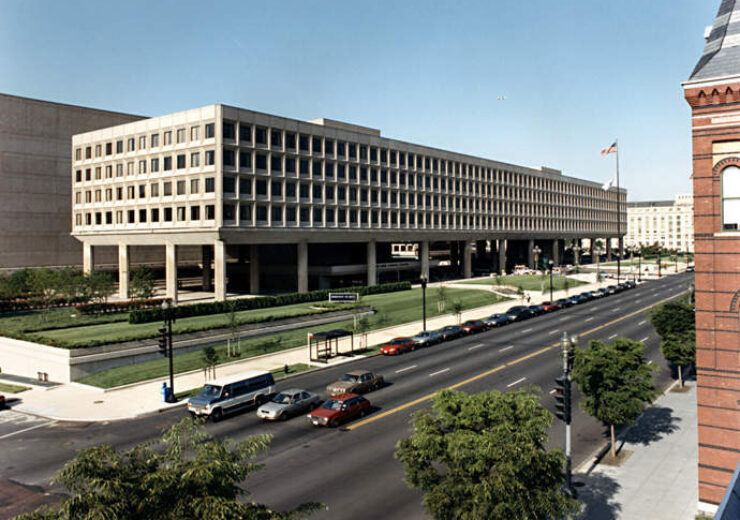The US Department of Energy (DOE) has announced plans to renew the Joint Center for Energy Storage Research (JCESR), a DOE Energy Innovation Hub led by Argonne National Laboratory, for five years.

The US Department of Energy (DOE) headquarters on Independence Avenue. (Credit: The US Department of Energy/Wikipedia)
The DOE said that it will provide $120m over five years to JCESR, which focuses on advancing battery science and technology.
Addressing the Innovation XLab Energy Storage Summit at SLAC National Accelerator Laboratory, Under Secretary for Science Paul Dabbar said: “Improvements in battery performance are paramount to the future of both transportation and the electric grid.
“JCESR is one of our most important centers of discovery and innovation for electrical energy storage and will be critical in laying the scientific groundwork for the next generation of battery technology.”
Established by the Office of Science of DOE in December 2012, JCESR has assembled a team of experts to tackle major scientific challenges in electrical energy storage.
Its work during the first five years include demonstration of a new class of membranes for flow batteries; and development of computational tools that screened more than 24,000 potential electrolyte and electrode compounds for new battery concepts and chemistries.
JCESR has also made notable progress in establishing the scientific foundations for batteries based on doubly-charged magnesium instead of singly-charged lithium.
The centre has produced over 380 peer-reviewed publications and more than 100 inventions at various stages of the patent process. Furthermore, three start-ups have been created through licensing of JCESR technology.
JCESR will focus on developing new battery materials, with emphasis on the development of multivalent battery designs, capable of higher energy capacity than currently available lithium-ion batteries, and on new concepts for flow batteries for the electric grid.
DOE has decided to renew JCESR after a review of its performance in the first five years by a panel of outside peer reviewers convened by DOE in July.
In fiscal year 2018, funding for JCESR will be $24m, with out-year funding contingent on congressional appropriations.
In addition to Argonne, JCESR partner institutions include Lawrence Berkeley National Laboratory, Pacific Northwest National Laboratory, SLAC National Accelerator Laboratory, and Sandia National Laboratories, along with the Army Research Laboratory, 11 universities, and one private firm.
